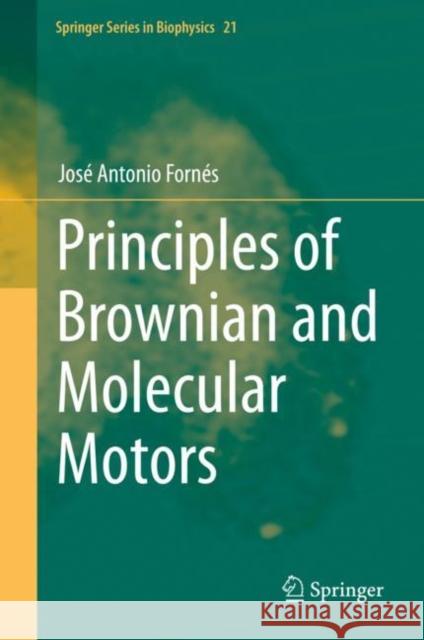Principles of Brownian and Molecular Motors » książka



Principles of Brownian and Molecular Motors
ISBN-13: 9783030649562 / Angielski / Twarda / 2021 / 194 str.
Principles of Brownian and Molecular Motors
ISBN-13: 9783030649562 / Angielski / Twarda / 2021 / 194 str.
(netto: 383,36 VAT: 5%)
Najniższa cena z 30 dni: 385,52
ok. 22 dni roboczych.
Darmowa dostawa!
Molecular motors convert chemical energy (typically from ATP hydrolysis) to directed motion and mechanical work. Biomolecular motors are proteins able of converting chemical energy into mechanical motion and force. Because of their dimension, the many small parts that make up molecular motors must operate at energies only a few times greater than those of the thermal baths. The description of molecular motors must be stochastic in nature. Their actions are often described in terms of Brownian Ratchets mechanisms. In order to describe the principles used in their movement, we need to use the tools that theoretical physics give us. In this book we centralize on the some physical mechanisms of molecular motors.
1997-2026 DolnySlask.com Agencja Internetowa
KrainaKsiazek.PL - Księgarnia Internetowa









